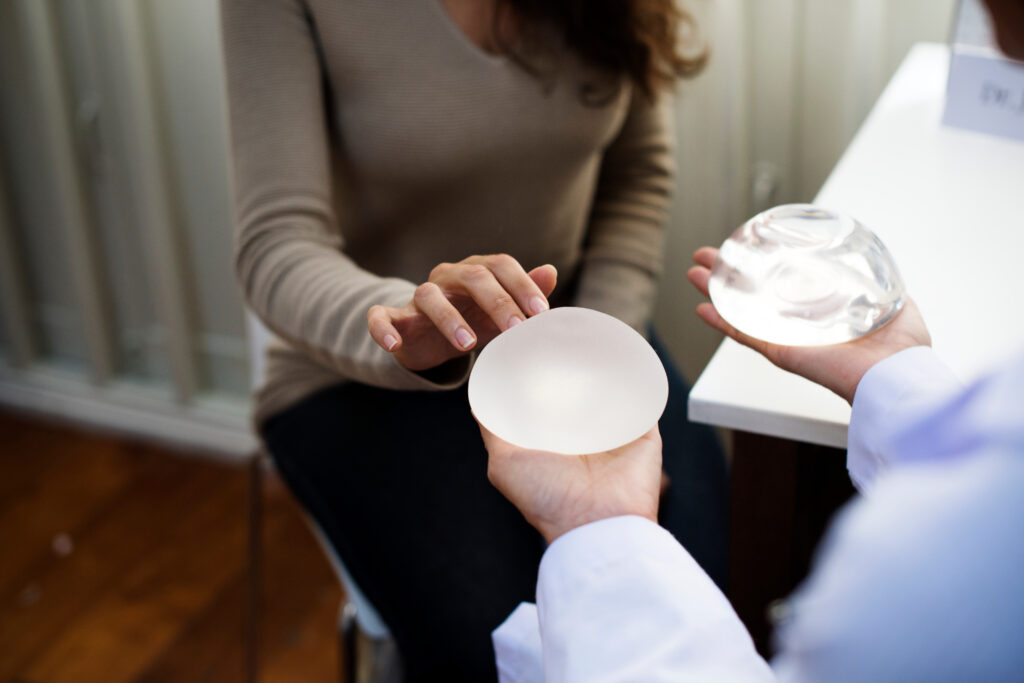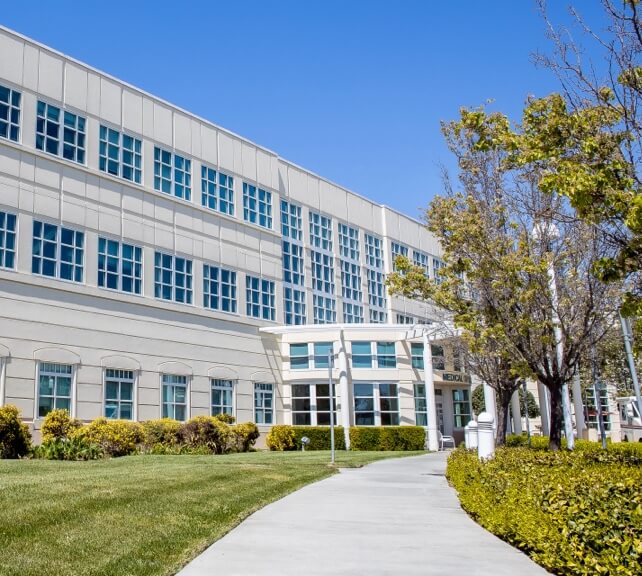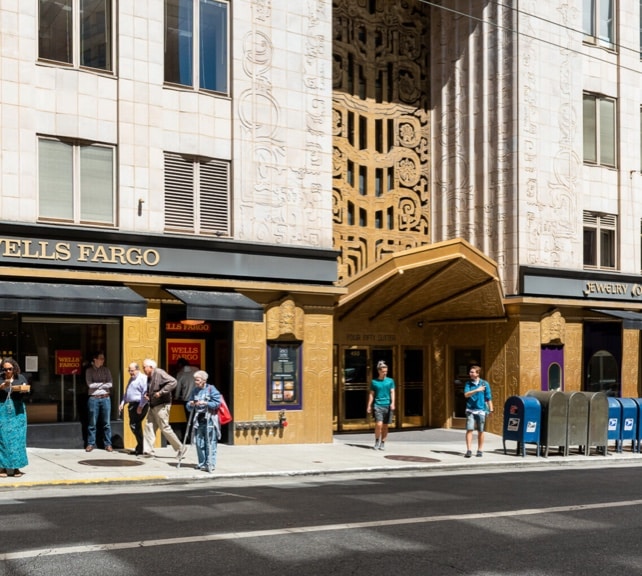Will Your Breast Implants Last a Lifetime?
Choosing to undergo breast augmentation surgery with implants is a big decision and an investment to help you achieve the feminine curves you desire. However, it is important for patients to understand that breast implants are not meant to be lifelong devices and will most likely need to be replaced sometime in the future. During your breast implant consultation in San Francisco, Dr. Delgado will speak with you regarding how to care for your breast implants and the necessary checkups you should attend.
The Lifespan of Breast Implants
Breast augmentation with implants is an effective way to enhance the appearance of the breasts. While breast implants are generally safe, the American Society of Plastic Surgery has stated that implants are not meant to last a lifetime. Today, most implants can last for more than a decade, with the chance of rupture increasing by 1% each year. This means that the longer you have had your breast implants, the higher the risk of rupture. Every patient is different, and some women’s breast implants may stay in good shape for 20 years or more.
Types of Breast Implants
When it comes to breast implants, there is a variety of different types to choose from, including:
Saline Implants
Saline breast implants are made of an outer silicone shell filled with a saline solution. This implant type provides uniform firmness, shape, and feel and is safe to use in women aged 18 and older.
Silicone Implants
Silicone implants are made with a silicone shell and filled with a silicone gel. These implants feel similar to natural breast tissue and are safe to use in women aged 22 years and older.
Gummy Bear Implants
Gummy bear implants, also called form stable implants, maintain their shape even when the implant shell is broken. They are filled with a silicone gel that is thicker than that of silicone gel implants.

Reasons for Breast Implant Replacement or Removal
There are a variety of reasons why a woman may need to have her breast implants replaced or removed. These include:
Capsular Contracture
Capsular contracture occurs when scar tissue around one or both implants hardens. This can cause tightness in the breasts, tenderness, pain, or changes in breast size and shape.
Saline or Silicone Implant Rupture
When a saline breast implant ruptures, it will deflate like a balloon. The saline filling will leak out and be harmlessly absorbed by the surrounding tissues. However, a silicone gel implant leak may be more difficult to detect. This is because the thick silicone gel will stay within the implant or surrounding tissue. As a result, an MRI will be needed to detect this leak. Additionally, the breasts may reduce in size, have an uneven appearance, or you may experience numbness, burning, or swelling.
Rippling
Sometimes, breast implants can develop ripples or wrinkles that can be seen and felt. This is particularly true with saline implants. It is uncommon with silicone implants unless the breast skin is thin.
Changes in Position
As you age, gravity will still take its toll on your breasts, which may cause breast sagging. This may cause the breast implants to change position. Breast implant revision surgery can remove and replace the implants for an improved appearance.
Personal Choice
Some women simply wish to change the size of their breast implants to increase or reduce their breast size or remove them altogether.
How to Properly Care for Your Breast Implants
Taking the proper care of your breast implants after breast augmentation surgery can improve their longevity. This begins during recovery, where you should wear your support garment as instructed. Failure to do so may lead to increased breast sagging over time.
You should also follow your surgeon’s guidelines for annual checkups. If you have silicone breast implants, it is recommended that you get an MRI 5-6 years after the initial breast surgery, and then every 2-3 years after that.
Schedule a Breast Surgery Consultation in San Francisco
If you are interested in learning more about breast augmentation surgery, please contact Dr. Delgado today to schedule a breast augmentation consultation. Dr. Delgado is highly skilled in performing breast augmentation surgery to help his patients in the San Francisco Bay Area achieve the ideal breast shape and projection.

Breast Implants San Francisco FAQ
Are saline implants better than silicone or gummy bear implants?
Silicone implants, gummy bear implants, and saline implants have their own benefits and disadvantages. The best way to determine which type of breast implant is right for you is to schedule a consultation with Dr. Delgado where you can discuss the best surgical procedure option for you.
Are breast augmentations dangerous?
Breast augmentation procedures are considered to be safe when performed by a board-certified plastic surgeon such as Dr. Delgado. However, like all forms of invasive surgery, it does come with some risks. You can discuss the advantages and disadvantages of breast surgery during your initial consultation.
Are breast implants linked to breast cancer?
Breast implants do not cause breast cancer, and do not raise an individual’s chances of breast cancer.
How much is breast augmentation in San Francisco?
The cost of breast augmentation in San Francisco may vary depending on many different factors. If you are interested in discussing pricing, please contact our office today.



